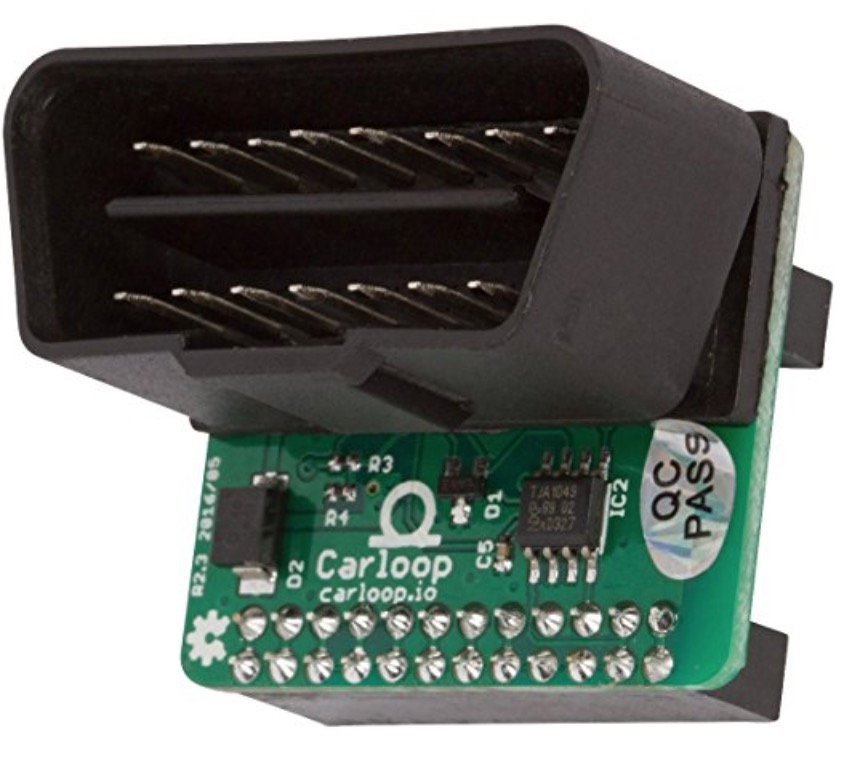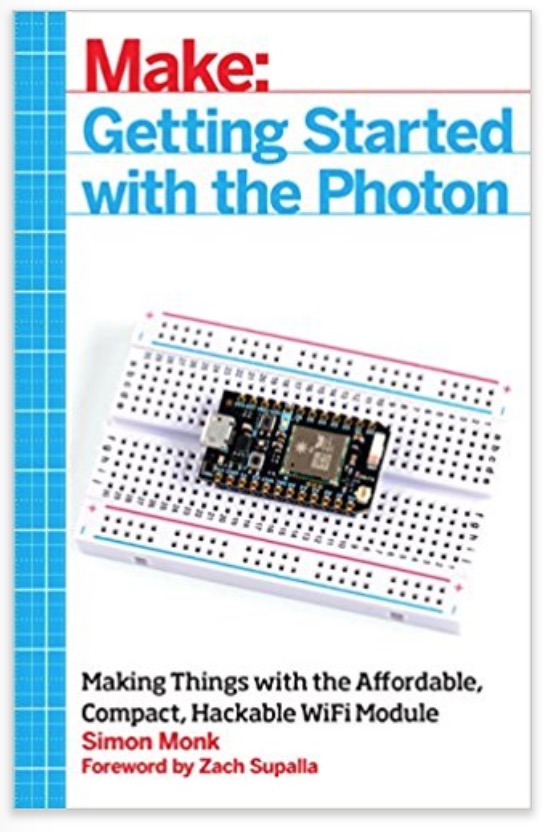Recent Posts
Open Source, Fully Programmable OBD-II Adapter Compatible with Particle Photon and Particle Electron
Posted by on
This is the ultimate programmable OBD-II dongle. Completely open source with a growing community!
When you combine Carloop with Particle Photon or Particle Electron, you can access all CAN signals on your vehicle and send data to the cloud.
You can create your own applications that read data from your car in real-time. You car has thousands of messages going through its CAN bus.
These messages contain information used by different modules in your car. By being able to read CAN messages, you can create reminders on your phone or connect with IFTTT.
Some programming skills required.
Features:
- WiFi enabled (Photon)
- 3G enabled (Electron)
- USB serial cable communication
- Fully programmable
- Works with OSX, Linux and Windows
- Flash your program Over The Air
- CAN messages beyond OBD-II
- Works with socketcan and can-utils
- 12V powered by OBD-II port (no cable required)
The Photon is an open source, inexpensive, programmable, WiFi-enabled module for building connected projects and prototypes. Powered by an ARM Cortex-M3 microcontroller and a Broadcom WiFi chip, the Photon is just as happy plugged into a hobbyist's breadboard as it is into a product rolling off of an assembly line.
While the Photon (and its accompanying cloud platform) is designed as a ready-to-go foundation for product developers and manufacturers, it's great for Maker projects, as you'll see in this book.
You will learn how to get started with the free development tools, deploy your sketches over WiFi, and build electronic projects that take advantage of the Photon's processing power, cloud platform, and input/output pins.
What's more, the Photon is backward-compatible with its predecessor, the Spark Core.
 Loading... Please wait...
Loading... Please wait...


